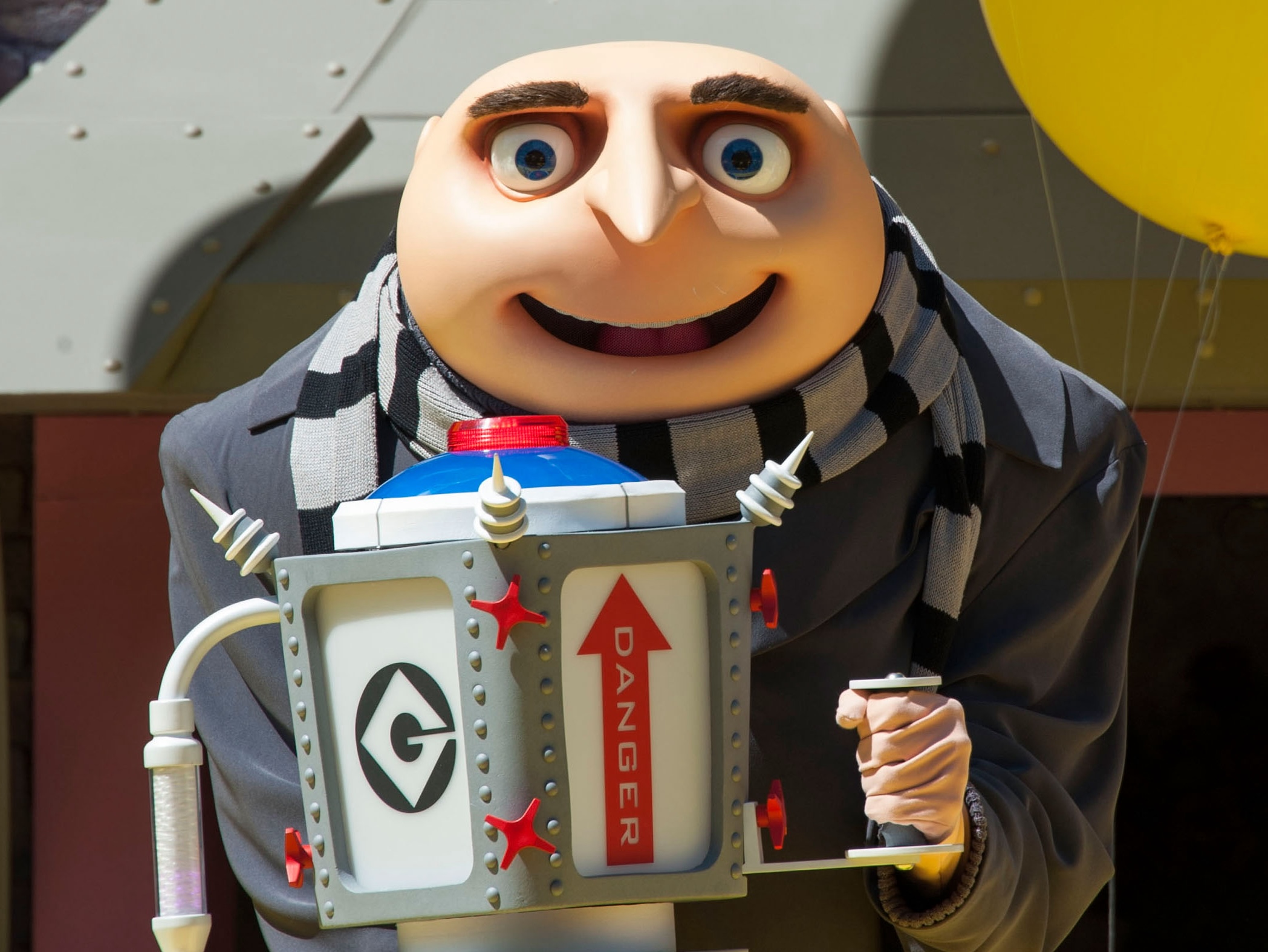Why Gru from Despicable Me Is Just a Warrant Officer with Superior Branding

Gru, the eccentric antihero from the Despicable Me franchise, is often seen as a supervillain with grandiose schemes and an army of yellow minions. But beneath the theatricality and exaggerated accent lies a character archetype that resonates far beyond animated comedy—a lone operative who thrives in ambiguity, bends rules for efficiency, and operates on the fringes of authority while delivering results no one else can match. In many ways, Gru embodies the essence of a warrant officer: technically brilliant, administratively indifferent, and perpetually caught between independence and institutional oversight.
Warrant officers exist in a unique tier within military and bureaucratic hierarchies. They are neither commissioned officers nor enlisted personnel but rather subject matter experts who bridge the gap between strategy and execution. Like Gru, they work best when left alone to solve problems, often improvising solutions using whatever tools are at hand. Their expertise isn’t derived from formal leadership training but from years of hands-on experience, trial-and-error innovation, and an instinctive understanding of systems most others barely comprehend.
Consider Gru’s working style. He runs operations out of what can only be described as a fortified home office—part lab, part war room, filled with experimental or stolen technology. His approach is reactive, aggressive, and surprisingly effective. He doesn’t wait for permission; instead, he interprets mission intent, reverse-engineers objectives, and builds launchpads in his basement. Whether it’s stealing the moon or constructing a shrink ray, Gru functions like a solo operator with clearance levels that would raise eyebrows even in classified intelligence circles.
His subordinates, though comically inept at times, exhibit unwavering loyalty—an odd but telling parallel to junior enlisted personnel who follow the lead of seasoned mentors without always grasping the full scope of their missions. Gru leads not through charisma or motivational speeches, but through competence and quiet authority. When things go wrong, he already has a prototype ready and a contingency plan tucked away.
Much like real-world warrant officers, Gru avoids unnecessary meetings, rejects bureaucracy, and prefers machines over people. He doesn’t seek recognition or medals—his satisfaction comes from completing the mission correctly. This mindset aligns closely with warrant culture, where outcomes trump optics and technical proficiency outweighs rank. Warrants rarely give presentations or attend planning sessions; they’re more likely to be found in a workshop or command center, fine-tuning systems everyone else assumes just work.
Another defining trait? Mentoring. Despite his gruff exterior, Gru trains the next generation—whether it’s adopting three orphaned girls or partnering with Lucy Wilde. He doesn’t offer pep talks or inspirational speeches; instead, he teaches by doing, often while grumbling through complex tasks that others watch and learn from. Warrant officers operate the same way—informal mentors who shape team culture through action rather than ceremony.
Even Gru’s infamous ability to secure funding for wildly ambitious projects mirrors warrant energy. Need a rocket propulsion lab? A time machine? Somehow, the resources materialize. No one knows how the paperwork gets approved, but the results speak for themselves.
In short, strip away the cartoonish theatrics, and you're left with a figure familiar to anyone who's worked alongside a seasoned expert in uniform—someone who understands the machinery of power, respects its limits only when necessary, and gets things done when it matters most. Gru may wear a black coat instead of a flight suit, and his minions may speak in gibberish instead of acronyms, but make no mistake—he’s a warrant officer in everything but name.
Post a Comment for "Why Gru from Despicable Me Is Just a Warrant Officer with Superior Branding"
Post a Comment